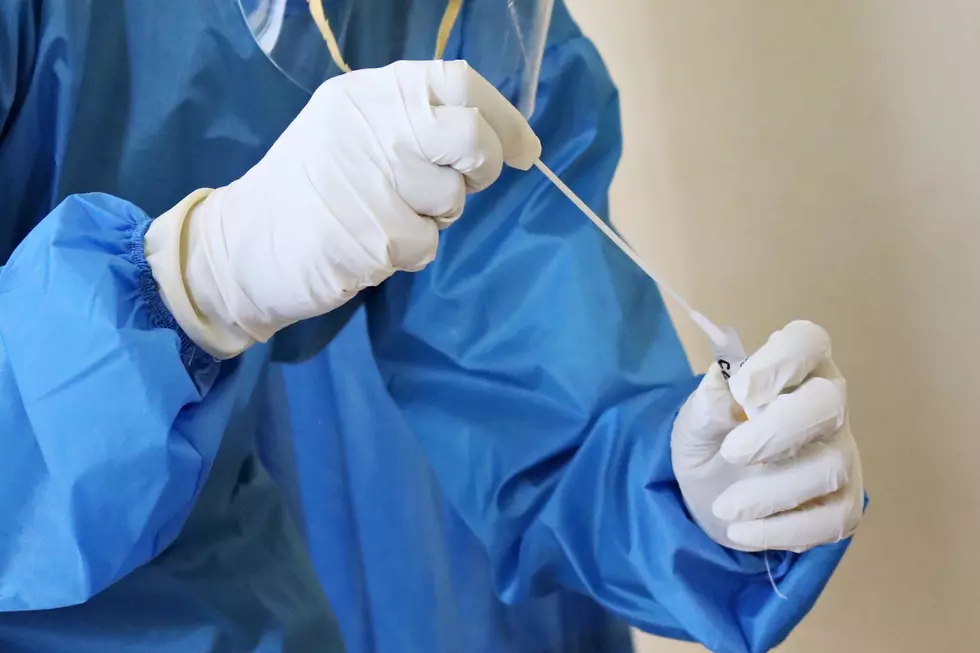
What You Should Know About Donating Plasma
Yesterday I resumed my journey as plasma donor. When I was a broke college student donating plasma was my main source of income as it is for a lot of college students. Three years later I decided to start donating again. I'm definitely in a better place today where I don't have to rely on that compensation however it's nice to have some extra spending cash. And besides all that, donating plasma actually saves lives! There's a few things you should know if you are considering becoming a plasma donor.
Let's start from the beginning. If you don't know what plasma is, in simplest of terms it's the liquid portion of your blood which contains all the white and red blood cells plus all the nutrients and proteins. Plasma is usually needed for plasma transfusions. A lot of trauma patients suffering from significant blood loss usually need plasma. So as I mentioned, by donating your healthy plasma you are actually help to save a life. How cool is that?
While you don't get paid for your actual plasma, you do get compensated for your time. This compensation ranges from place to place. At the Biolife on Eagle Rd. where I go, compensation is typically $20 for your first visit of the week and then $50 for the next. However it's not uncommon for special promotions so take advantage by joining the mailing list and downloading the app.
It's important that you keep up with a healthy lifestyle. It's required that you eat at least 25g of protein and 15g of carbs within 2 hours of donating. You should also avoid fatty and fried foods because it can actually dilute your plasma and on some cases they not even able to use your plasma. The most important part is that you are hydrated! It's recommended you drink half your body weight in ounces of water a day. If you aren't properly hydrated or you haven't ate enough food, there could be serious side effects like dizziness, headache, nausea.. etc. Donating plasma strips you off protein and water so it's important that you replenish. Also the donation process goes by a little quicker if you are more hydrated.
The time it takes to donate can range anywhere from 30 minutes to an hour. Be prepared for your first time to take a while though. For me that was 4 hours after getting signed up, getting vitals checked, a physical, and the actual donation. If you are someone interested in donating plasma, I recommend you research more for yourself at the Biolife website.
KEEP READING: 50 community resources supporting Americans financially impacted by COVID-19
More From Mix 106









